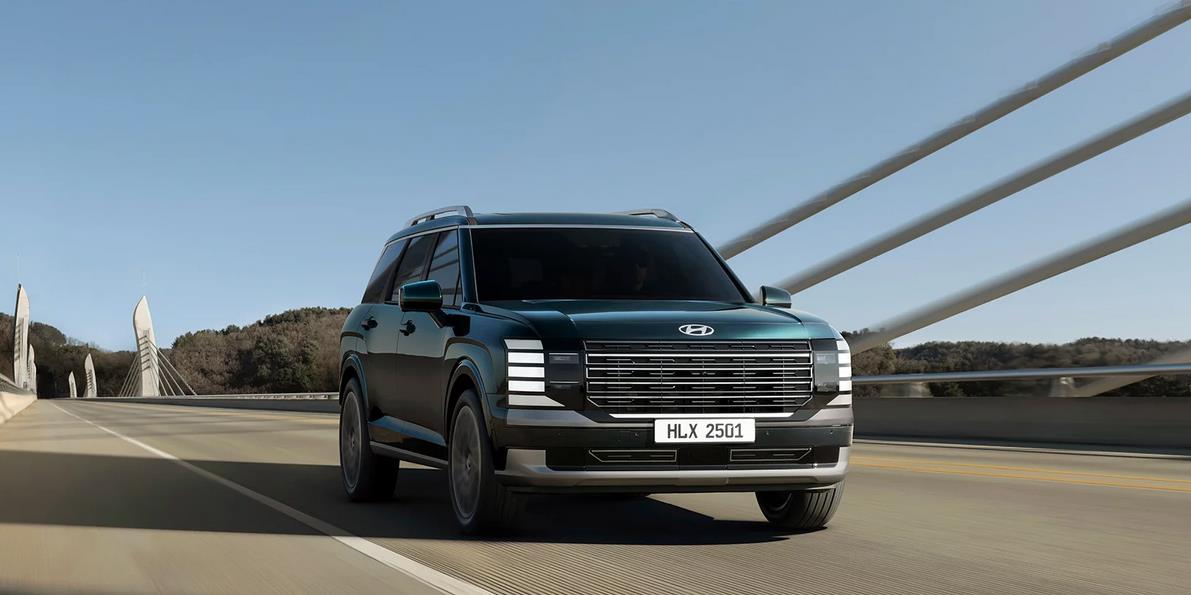According to foreign media reports, informed sources reveal that the US and South Korea have discussed establishing a fund to invest in US projects, which would be part of a trade agreement similar to the one Japan reached with the Trump administration on July 23. The investment amount being discussed remains unclear, but the US has been seeking a total investment commitment in the hundreds of billions of dollars. Sources indicate that negotiations are still subject to change. In the trade agreement between Japan and the US, Japan agreed to support a $550 billion fund in exchange for the US reducing tariffs on Japanese goods from 25% to 15%. This tariff reduction also applies to automobiles, which are a cornerstone export product of Japan's economy. One source indicated that negotiations between South Korea and the US are also focused on reducing the tariff rate to 15%, including auto tariffs. Another source stated that the agreement may also include South Korea's commitment to purchase more US goods in key areas. This provision is similar to the recent agreement between the US and Japan, which included terms for purchasing Boeing aircraft and agricultural products from the US. Both the White House and South Korea's Ministry of Trade declined to comment on the report. Recently, Trump threatened to impose a higher general tariff of 25% on South Korea starting August 1, in addition to the existing tariffs on cars, auto parts, and steel, which are exacerbating tensions between South Korea and the US. A source disclosed that US Commerce Secretary Howard Lutnick proposed a $400 billion investment requirement in negotiations with South Korea. Lutnick had also presented the same investment amount during negotiations with Japan, but Trump ultimately raised it to $550 billion. However, Japan's economic scale is more than twice that of South Korea, making it a significant challenge for South Korea to make a comparable investment commitment. Some South Korean companies have previously pledged to make substantial investments in the US. The chairman of Hyundai Motor Company announced a $21 billion investment plan during a visit to the White House in March, which includes expanding production in Georgia and building a new steel plant in Louisiana. If South Korea is unable to reach a similar trade agreement with the US, the agreement with Japan may provide a competitive advantage for Japanese automakers. William Chou, deputy director of the Japan Studies Center at the conservative Hudson Institute, stated, "This indeed puts a lot of pressure on South Korea. If South Korea can reduce tariffs to 15%, I believe Korean companies would be very encouraged, but South Korea's situation is different from Japan's." US White House officials expressed similar views. White House trade advisor Peter Navarro stated on Bloomberg TV that, "Under the current tariff policy, German cars face a significant competitive disadvantage due to the 25% tariff, compared to Japanese cars. South Korea's Hyundai Motor is in the same situation." Navarro emphasized that the US-Japan agreement should be understood as part of President Trump's effort to reach a cohesive overall agreement with countries around the world. Last week, Trump stated at an AI event that he would not set reciprocal tariffs below 15%, while also indicating that countries that remove trade barriers to US exports would be rewarded. Trump remarked, "Tariffs are very important, but I believe that if our companies do what they are supposed to do, the opening of markets by other countries may be more important. Such an opening is worth more concessions on tariffs from the US."
US and South Korea Discuss Fund for Investment Projects

Share this post on: